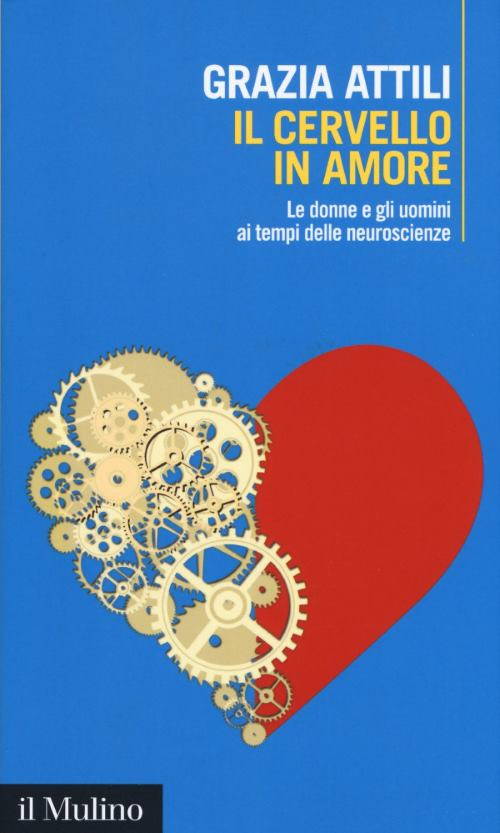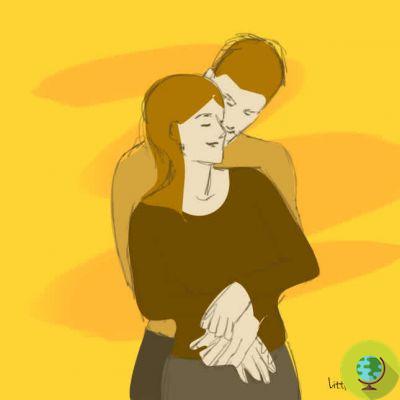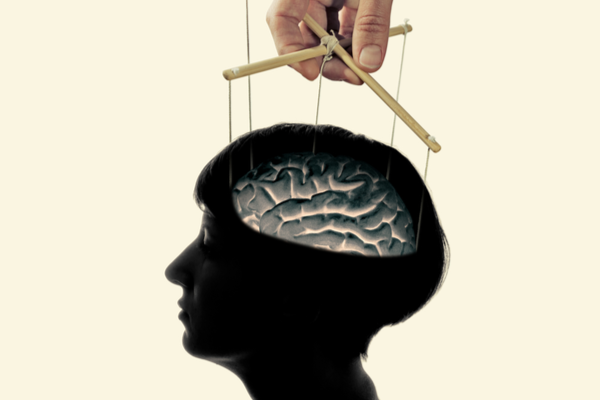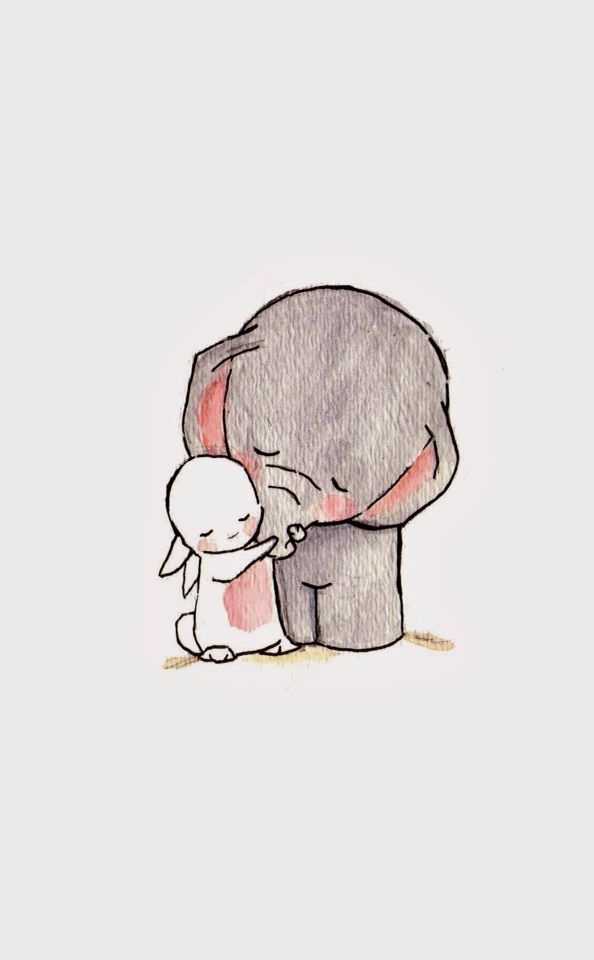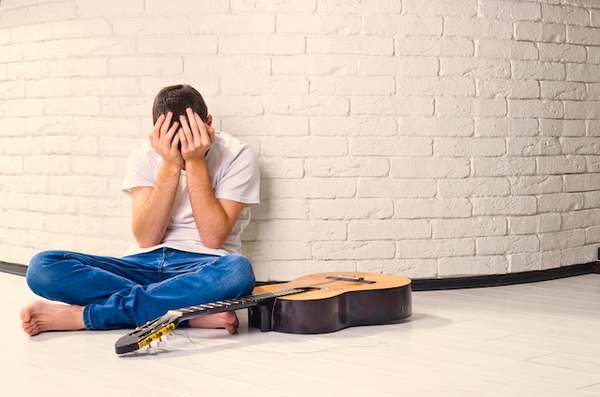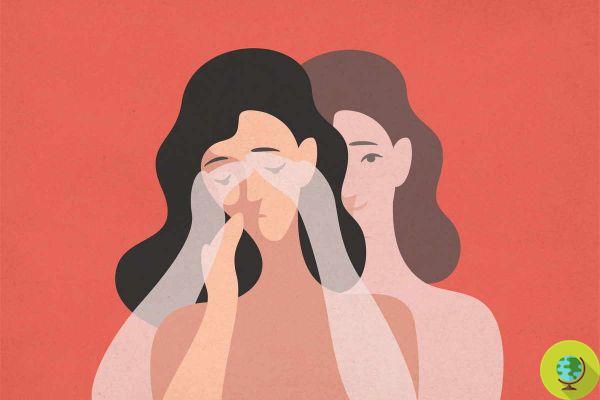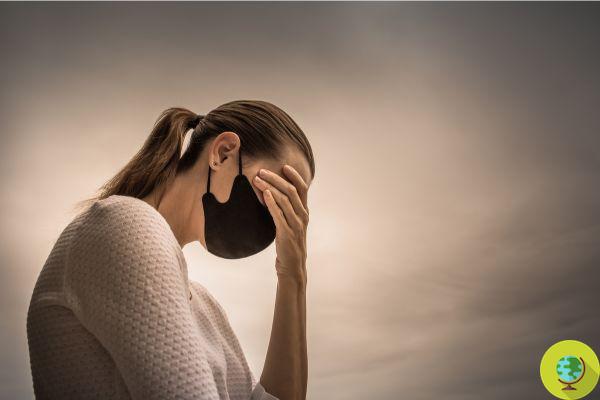
The coronavirus pandemic is also having implications for our mental health. Because here the problem is not just being positive
Don't store avocado like this: it's dangerousThe COVID-19 pandemic has brought uncertainty and challenges into our lives that we have never faced before. We talk about it on the occasion of the International Stress Awareness Week, which starts today. And today more than ever it provides us with useful information to overcome this period of world crisis.
We are experiencing a very hard period of our life, the coronavirus pandemic is also having implications for our mental health. Because here the problem is not only being positive or having Covid-19, but also that of feeling sad, confused, scared, in a single word stressed.
The lockdown had already forced us to upset our habits. The hypothesis of new restrictions are throwing many people into despair. Stress is our main enemy and occurs when we are afraid of a new situation and in this case potentially harmful to our health and to the people we love.
"We are in the midst of an epidemic for our mental health right now, and I think the situation will only get worse," explains Vivian Pender of the American Psychiatric Association, convinced that sadly the worst is not over yet. “There is enormous pain and mourning for all the lost people, the lost opportunities, the broken dreams,” she explains again.
We know that anxiety always increases in the face of uncertainty. We were used to tranquility and overall well-being, so few had already experienced such high levels of tension. Today we are learning to live with physical exhaustion, tremors, tachycardia, mental heaviness, difficulty concentrating, nervousness, anxiety and fear, to the point of panic.
The pandemic then worsened obsessive-compulsive disorders. "It is much more difficult to control the symptoms, the habits", explains the psychologist.
Coronavirus: How to reduce anxiety and manage stress for adults and children. WHO advice
According to research conducted by The Conversation, more than 50% of the population has reported high levels of suffering in this pandemic. Higher scores were associated with panic, fear of public places, or bad habits for dealing with lockdown, such as overeating, abusing alcohol and using drugs. Using the data of around 7 respondents, the researchers published a sort of stress scale for Covid-19: fear of danger and contamination, fear of socio-economic consequences, seeking reassurance, xenophobia (discrimination against foreigners) and symptoms of traumatic stress (e.g. nightmares).
Prolonged exposure to stressful stimuli represents a potential risk factor for many diseases, including psychiatric or cardiovascular ones. For this reason, before this state becomes chronic in a disabling psychopathological form, it is important to implement strategic actions that can restore a condition of psychophysical balance. Not surprisingly, last March, the Ministry of Health had provided a vademecum to learn how to deal with the emergency in a more serene way (as far as possible).
Let us remember that our emotional reactions, and therefore our state of well-being or discomfort, also depend on our perception and imagination. It is therefore easy to understand that, in order to feel good, we must divert our thoughts to things that give us pleasure, distract the mind by engaging in concrete activities that we are passionate about: reading, talking, cooking, taking care of plants, taking care of pets and anything else. that makes us feel good.
When one does not engage the mind or is in moments of inactivity, one is more likely to transform normal sensations. Let us therefore try to pay attention to self-suggestion and to be courageous when our thoughts are only negative. By this, it does not mean that we must detach ourselves from reality or that we must underestimate the pandemic and the problems, but that we must learn to deal with things in such a way that our mental health does not have too serious repercussions.
Something that can help us is, for example, physical activity to do at home or outside respecting distancing and rules, taking care of yourself, pursuing your hobbies, talking to the people we live with and if we are alone , call family and friends and encourage each other. Finally, some techniques to relax the mind can also be used: mindfulness and breathing practices can help you stop distressing.
Sources: Istituto Superiore della Sanità / CBSNews / The Conversation
Read also:
- How we cope with stress and agitation with simple daily actions
- Smart working mothers have the greatest workload (and stress) during confinement. Studies








